20 Best Alcohol and Drug Rehabs in Albuquerque, NM 2025

7.54
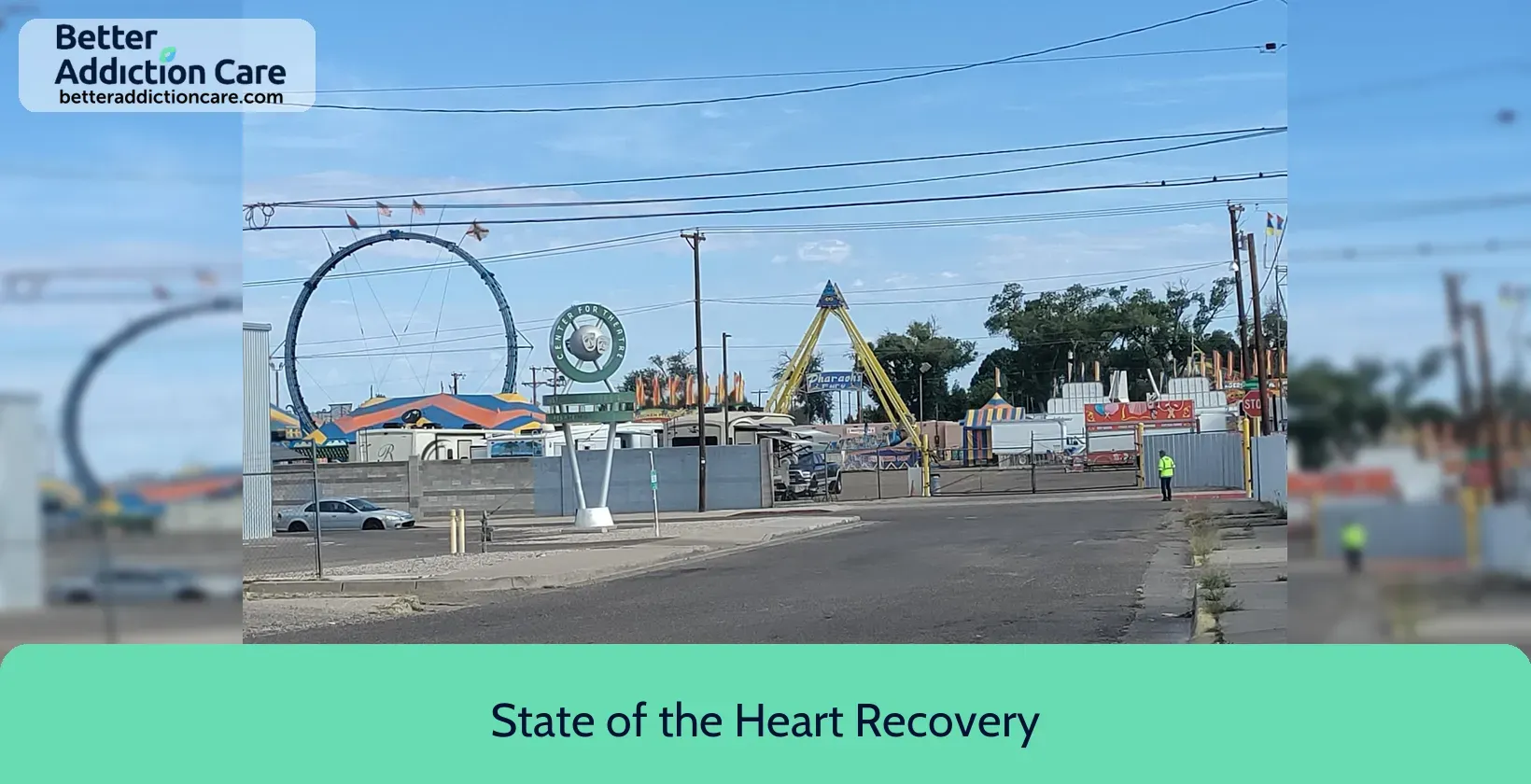
7.48
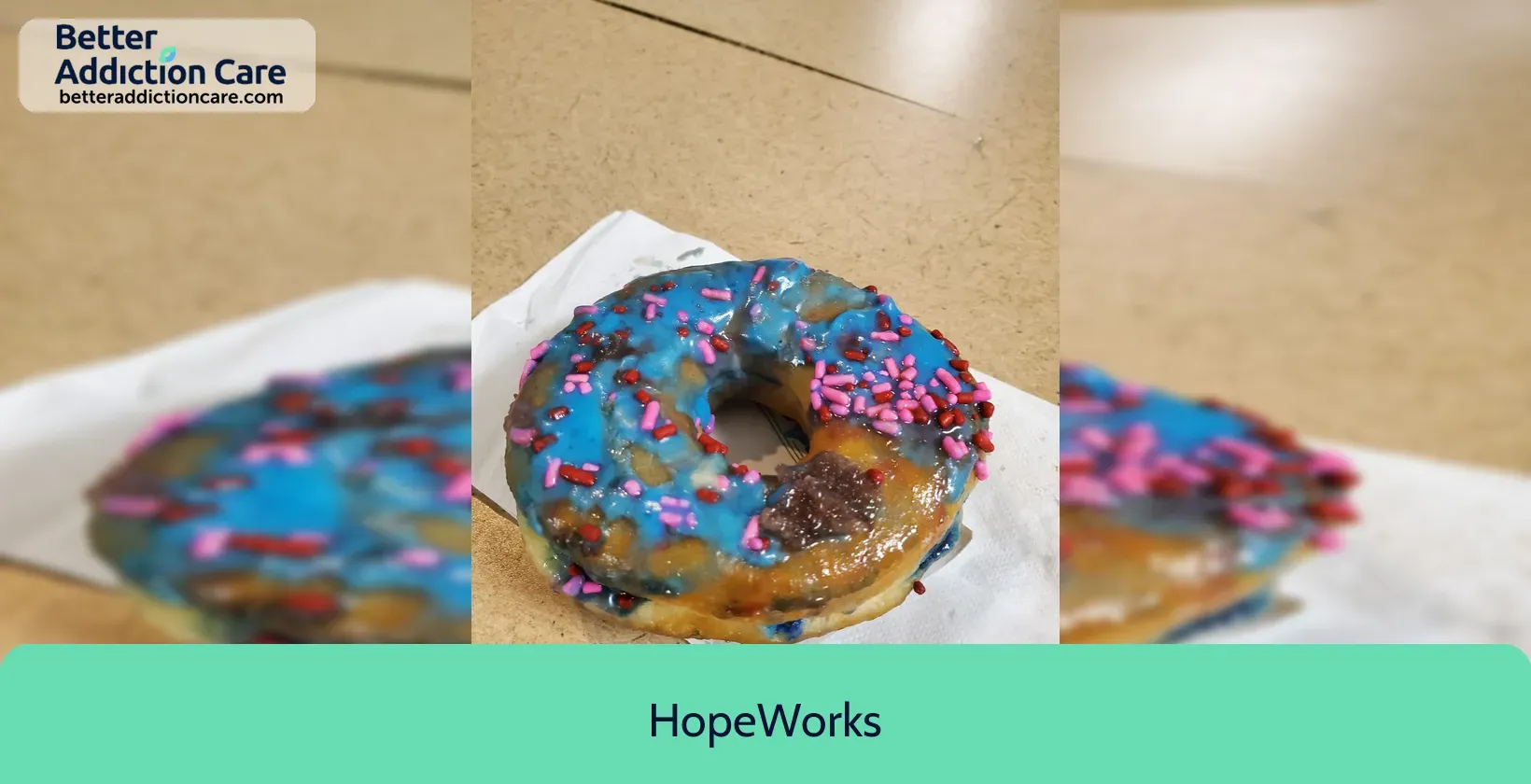
7.50

6.80
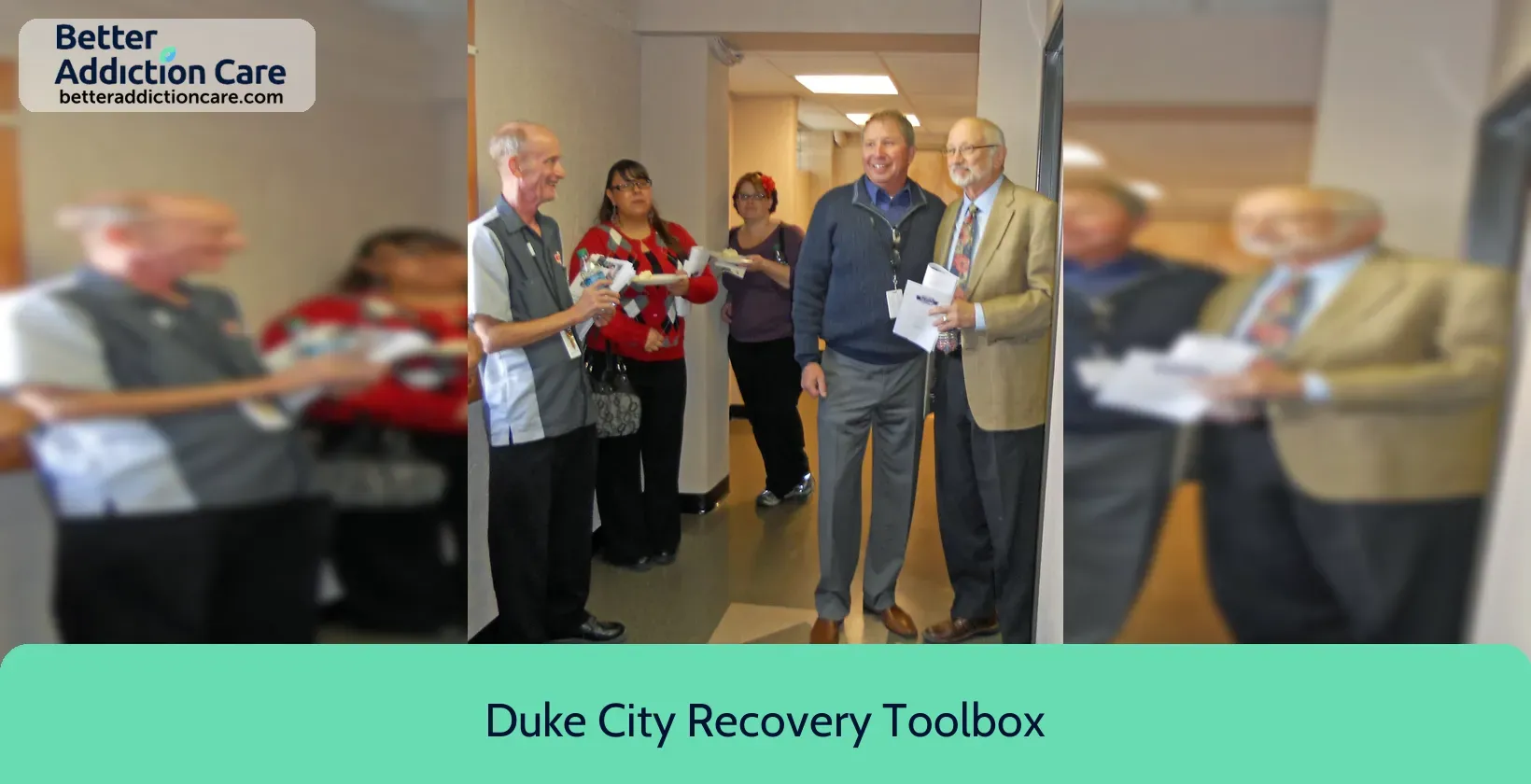
7.70
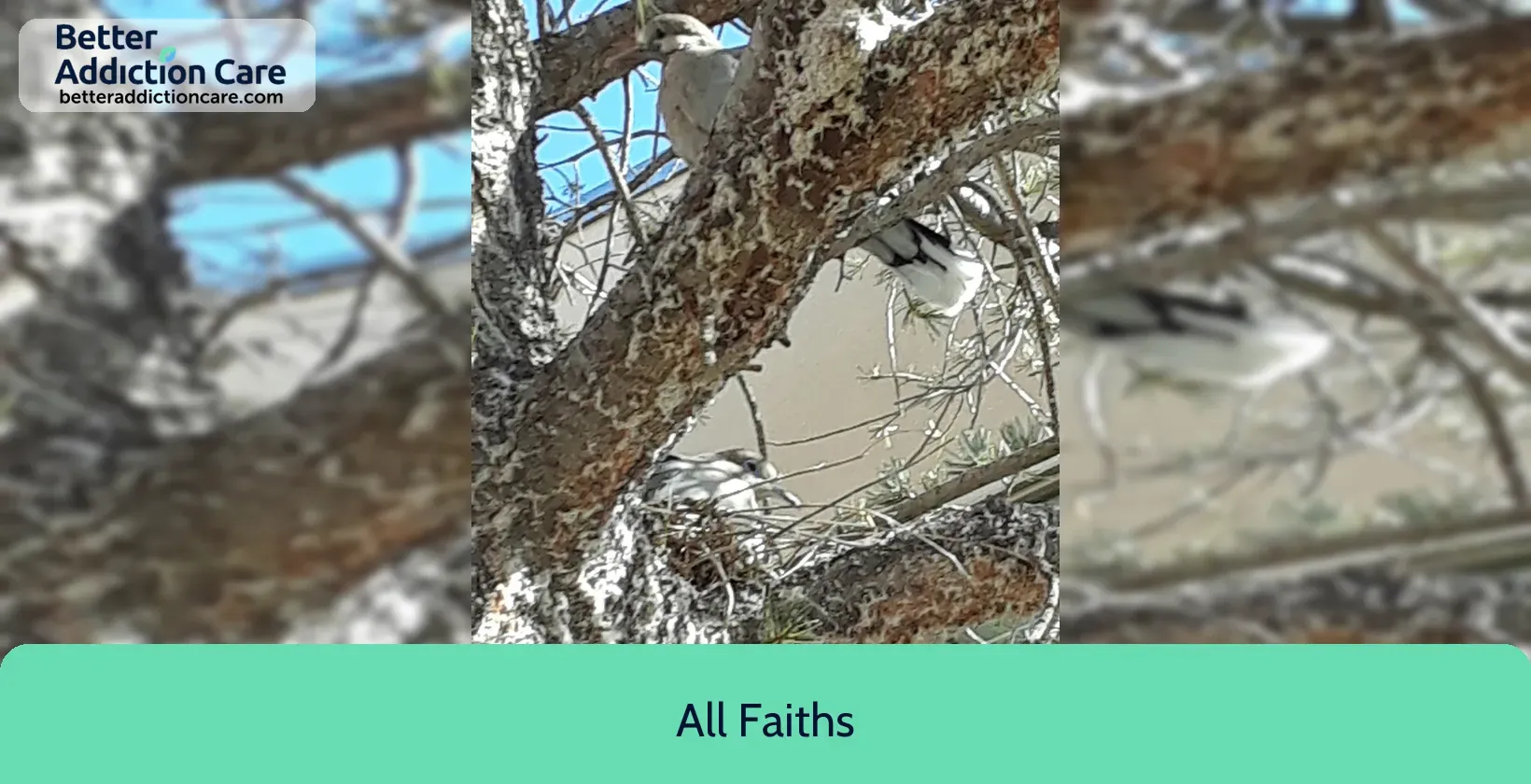
6.62
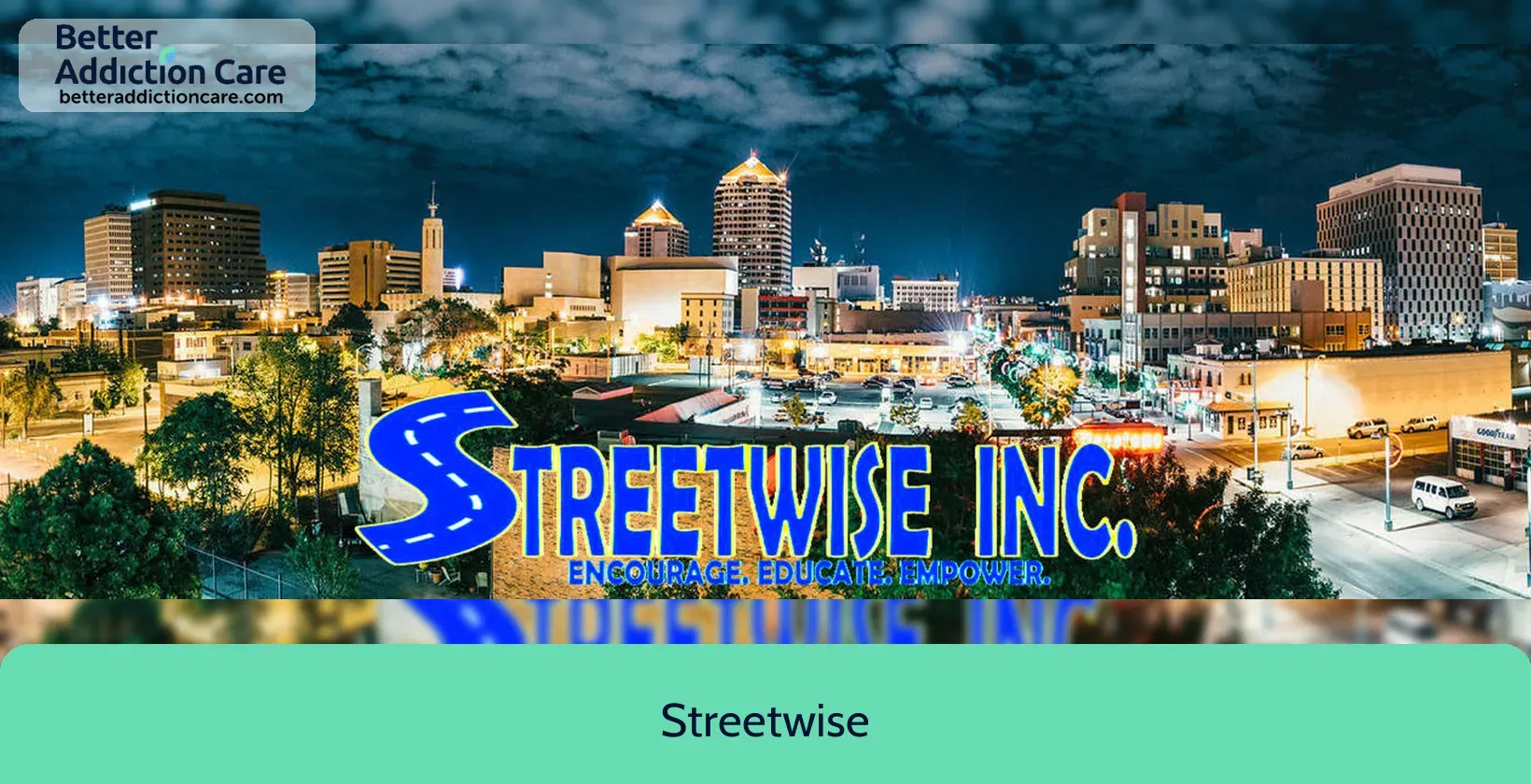
6.96
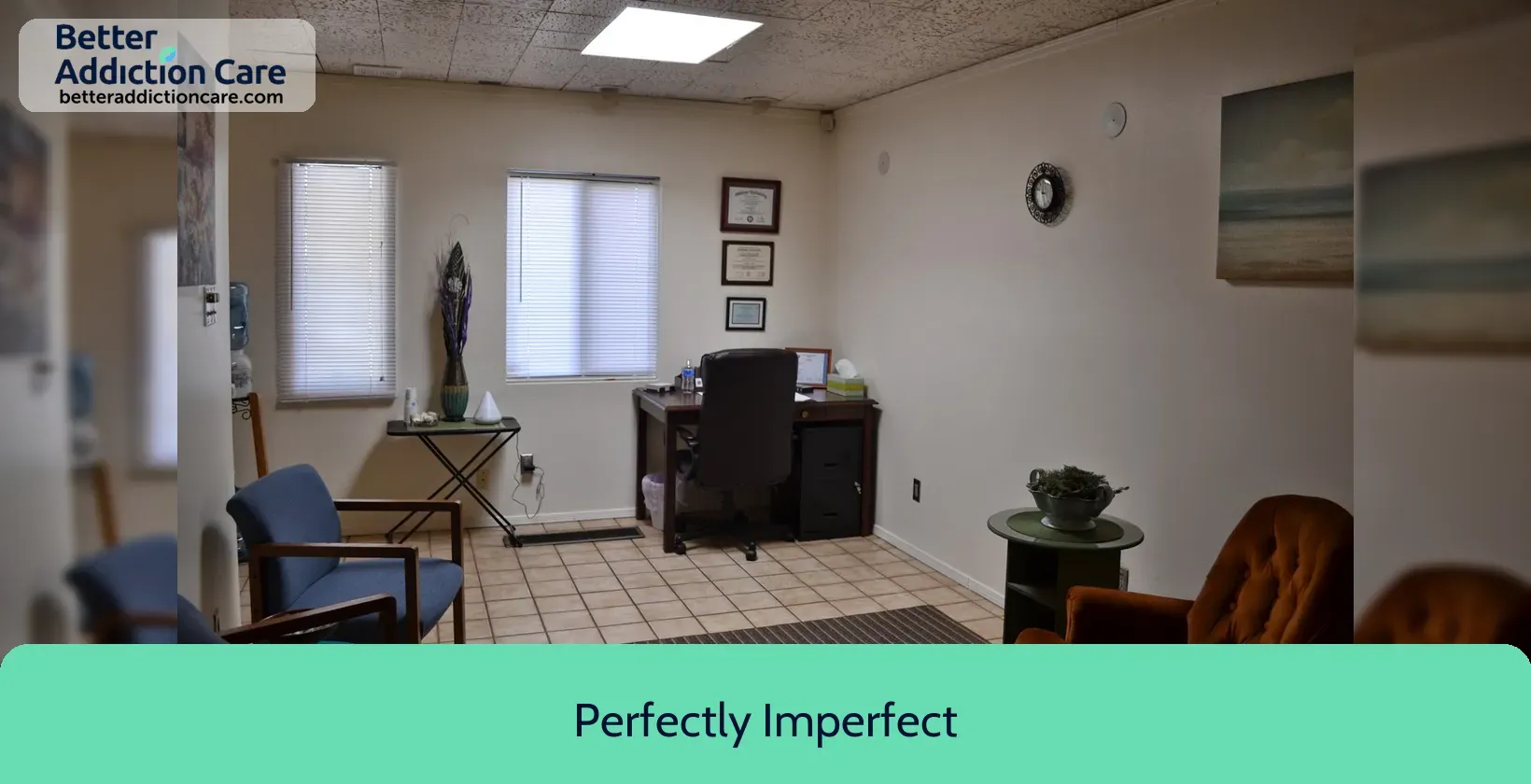
6.96
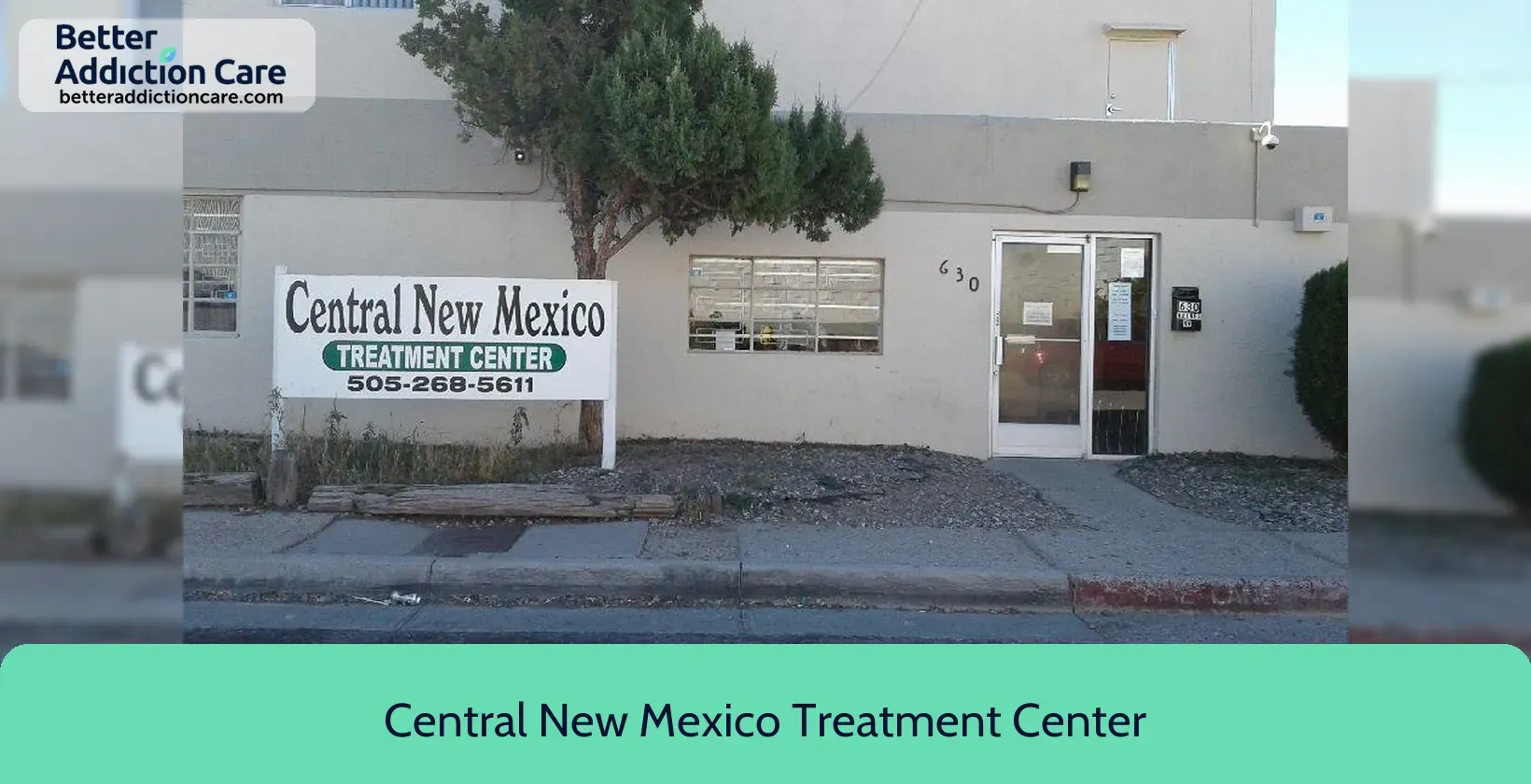
7.26
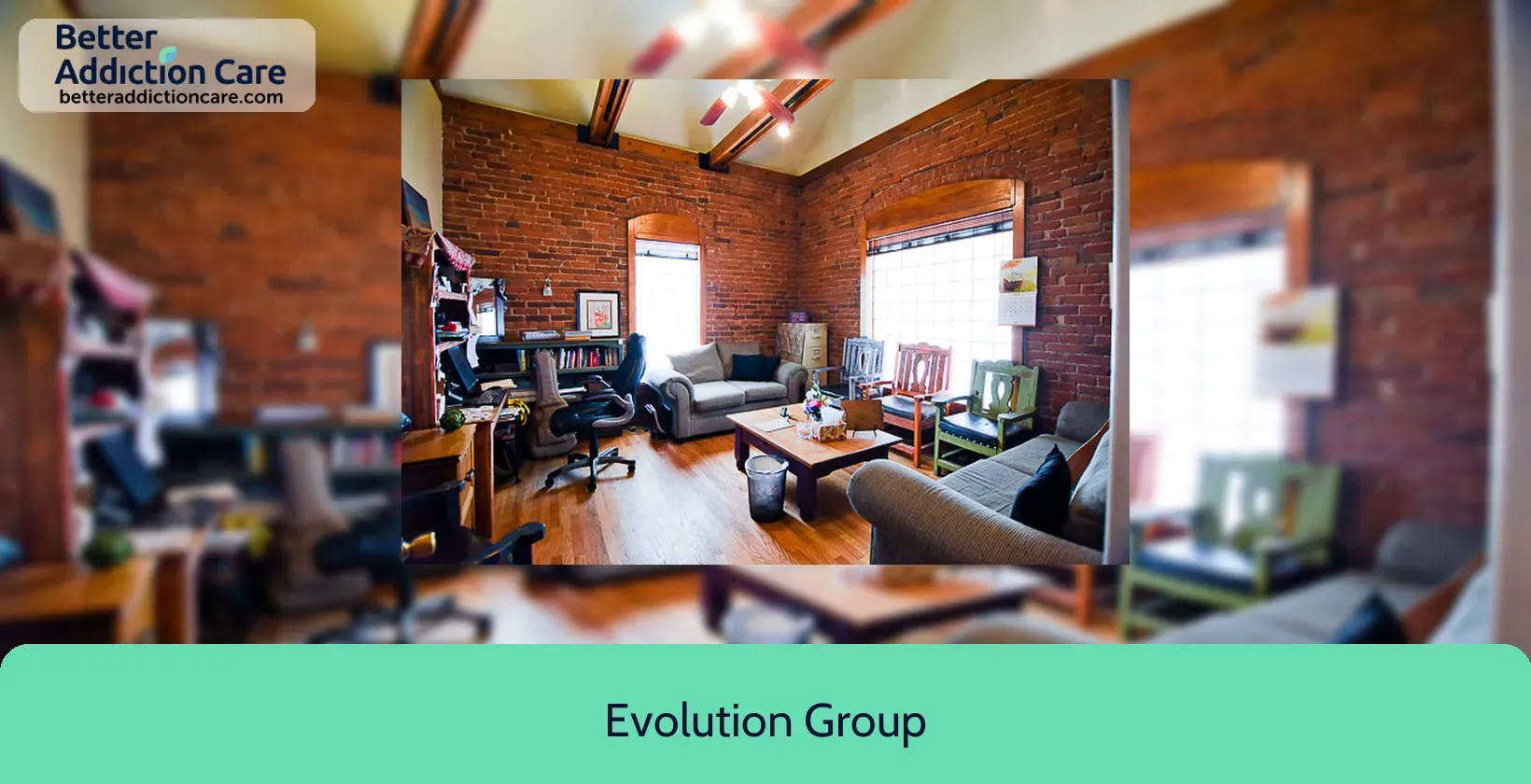
6.89
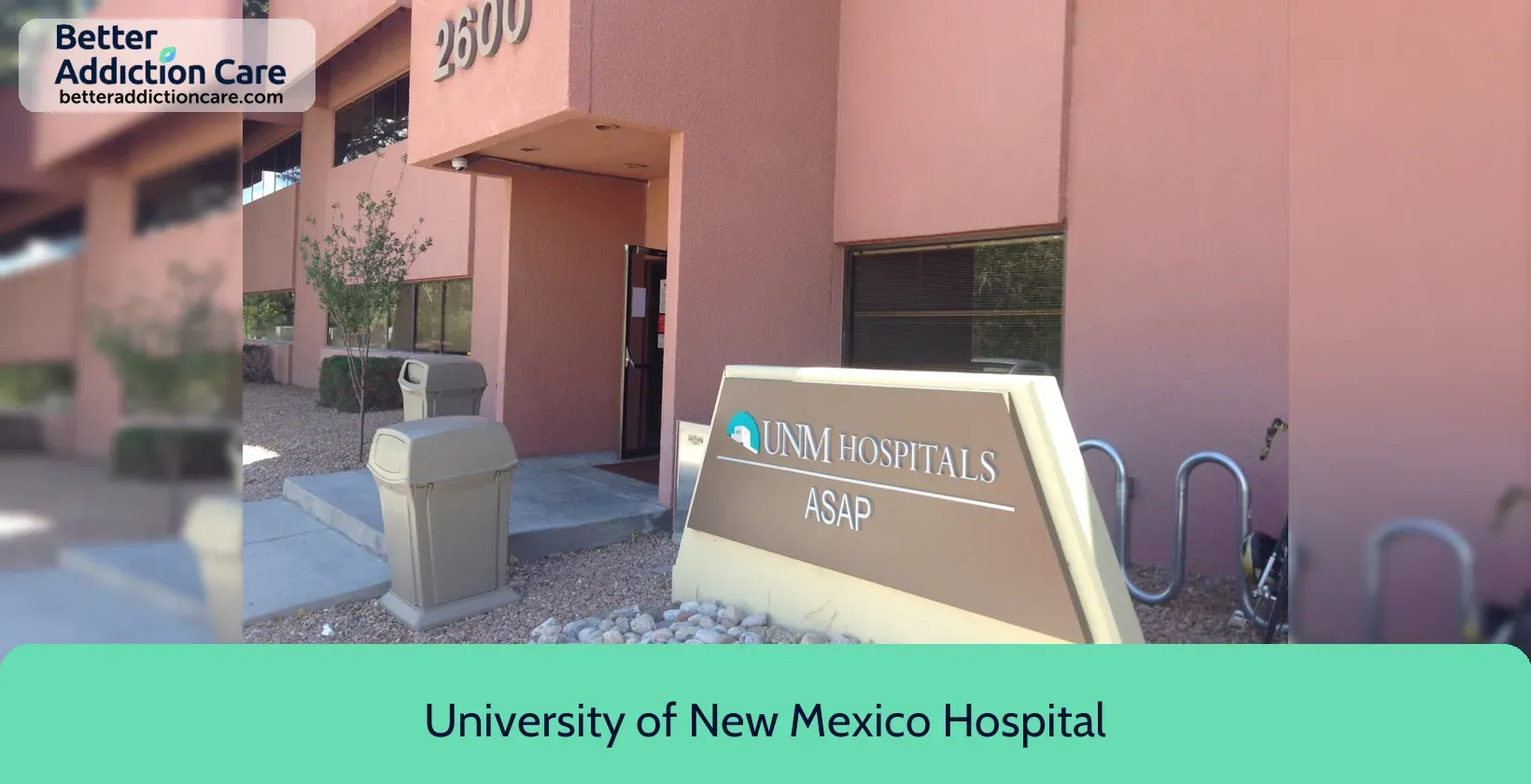
7.80

7.30

6.62

6.71

6.92

6.56

6.85

7.16

6.62

7.19
Local Rehabs in New Mexico
Common Questions About Rehab in Albuquerque
Take a look at our FAQ. We've tried to fill it with all the answers you're looking for. And if not, contact us on (888) 349-0436.


